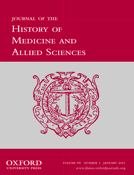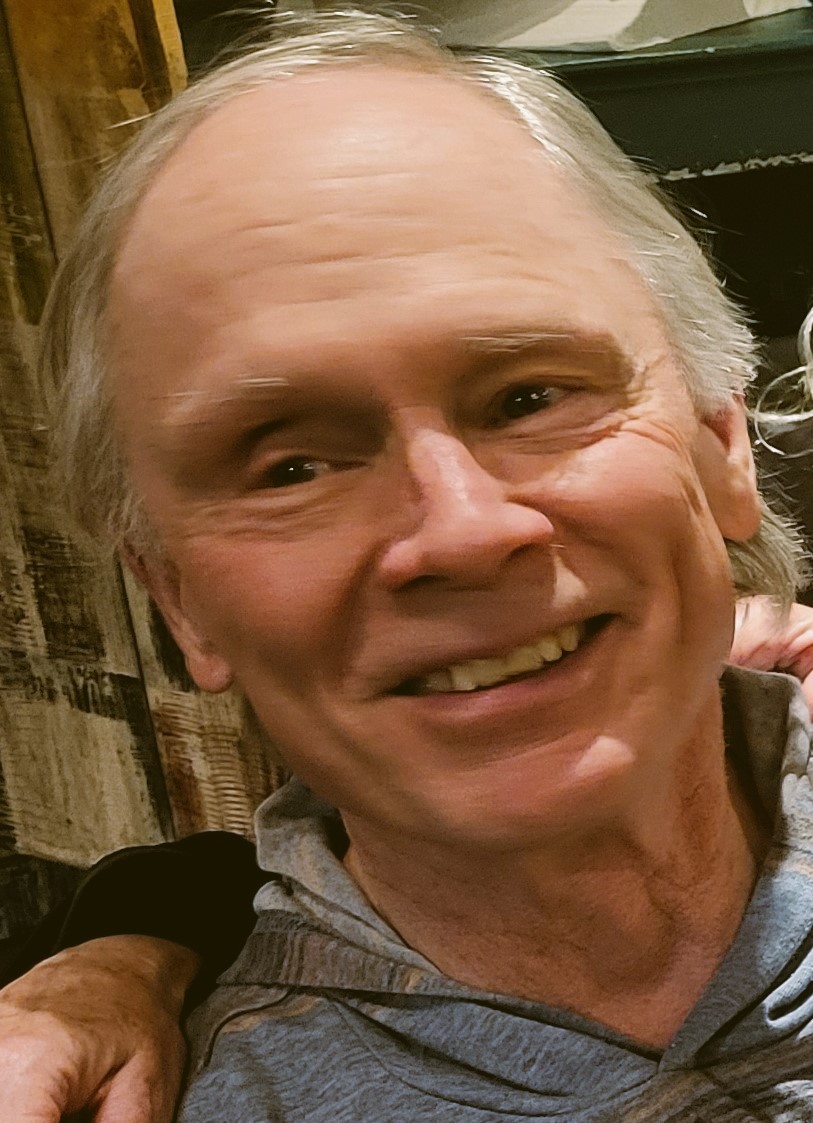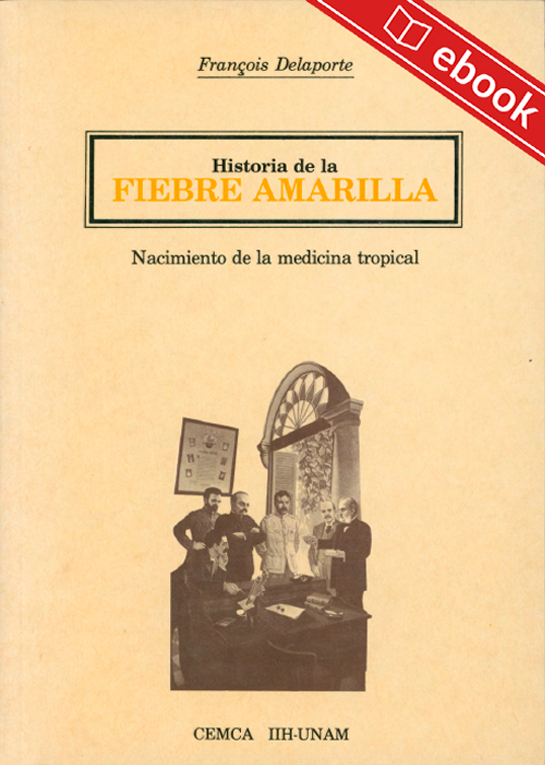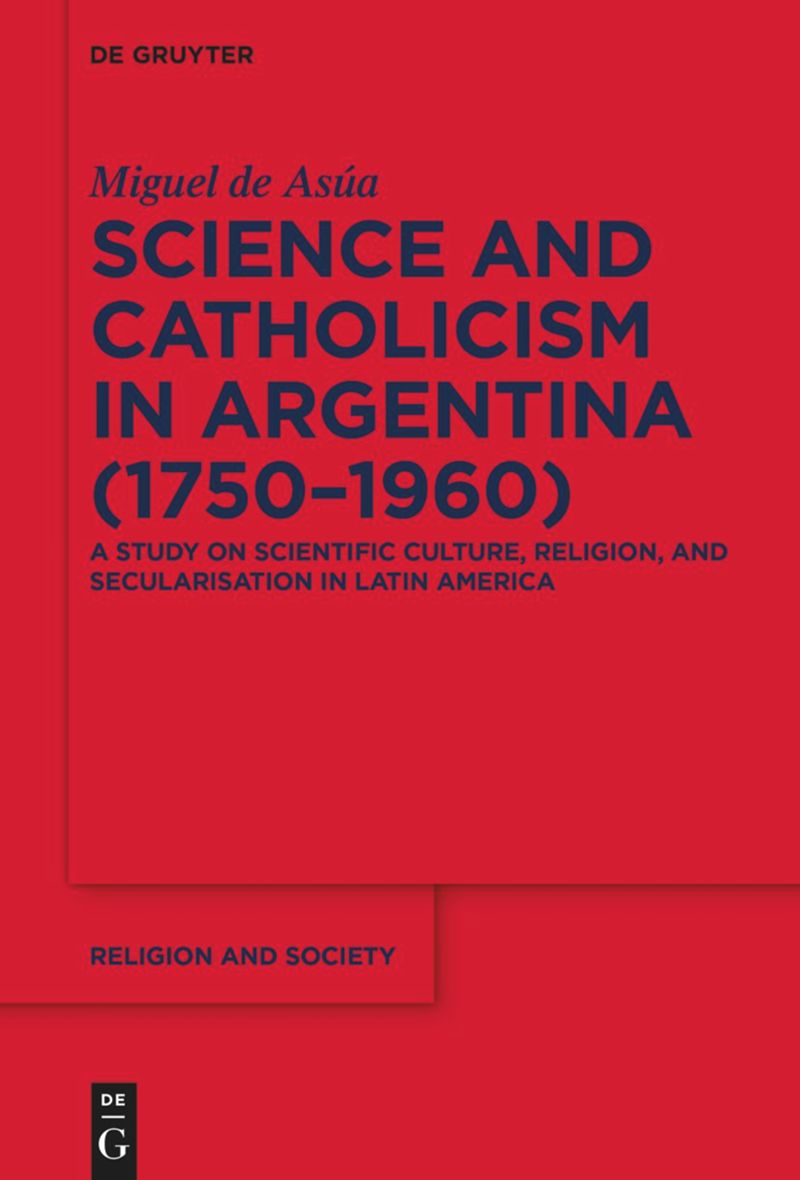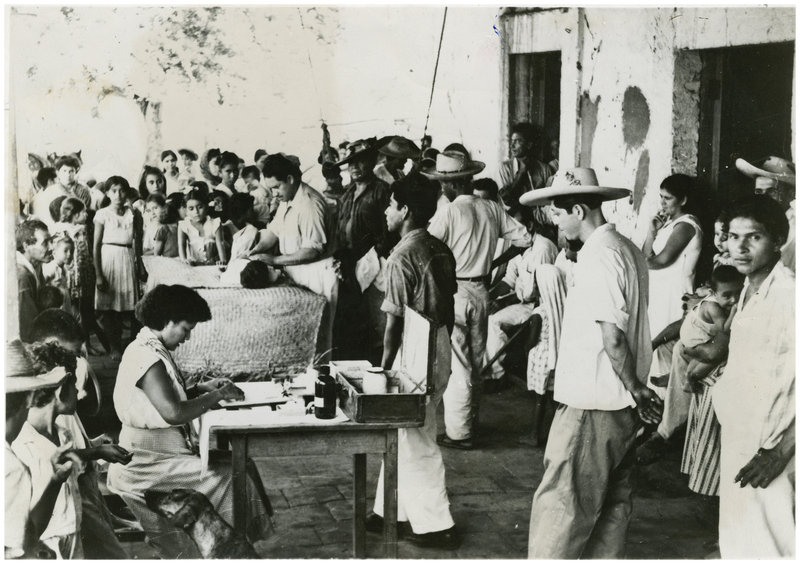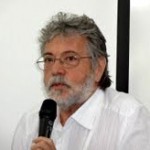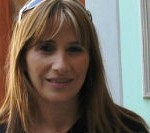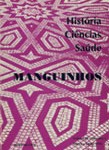
Este artículo de Hilderman Cardona Rodas, profesor de la Universidad de Medellín, expone los soportes epistemológicos de una investigación sobre las representaciones sociales de la enfermedad desde el registro de la dermatología clínica durante la segunda mitad del siglo XIX.





